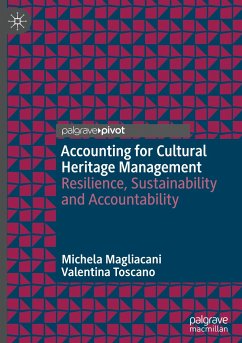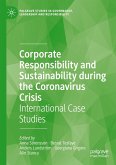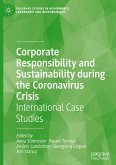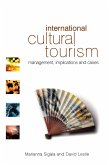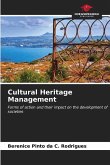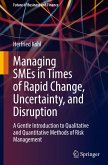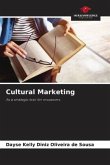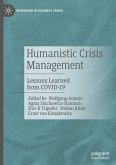The transformative role of culture, its ability to create value for the benefit of current and future generations, is widely recognized by academics of many disciplines, professionals and policymakers. Notwithstanding, how culture can be a driving force for economic growth, a source of welfare and tools for social inclusion, still deserves to be investigated at various levels, starting with local communities. This book attempts to explain the relevance of accounting knowledge for managing cultural heritage by sustainable, resilient, accountable organizations, regardless of their public or private institutional form.
This book aims at understanding the role of cultural heritage in the economy, in society and in facing the new challenges deriving from the enactment of the UN Sustainable Development agenda, as well as the pandemic emergency from COVID-19. It adopts a managerial accounting studies approach to provide answers that can be applied in any organizationalcontext. The results achieved from the field research are critically discussed under the theoretical frameworks referring to the theory of value and its creation. From the findings and their discussion, a conceptual model based on empiricism is proposed for managing cultural heritage of communities under sustainable perspective, even in times of crisis. It will be essential reading for academics and students of cultural heritage management, sustainability and crisis management in organisations.
This book aims at understanding the role of cultural heritage in the economy, in society and in facing the new challenges deriving from the enactment of the UN Sustainable Development agenda, as well as the pandemic emergency from COVID-19. It adopts a managerial accounting studies approach to provide answers that can be applied in any organizationalcontext. The results achieved from the field research are critically discussed under the theoretical frameworks referring to the theory of value and its creation. From the findings and their discussion, a conceptual model based on empiricism is proposed for managing cultural heritage of communities under sustainable perspective, even in times of crisis. It will be essential reading for academics and students of cultural heritage management, sustainability and crisis management in organisations.

